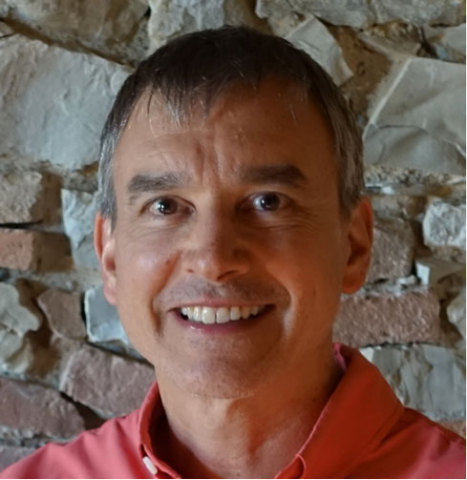Market design is evolving, and new ways of organizing it are being explored.
In my post yesterday, I talked about the early work on school choice that Atila Abdulkadiroglu, Parag Pathak, Tayfun Sonmez and I did under the auspices of Boston schools Superintendent Tom Payzant. The market design by economists in Boston, as with the earlier successful effort in New York City, was conducted as part of our research work as professors. Not a penny changed hands, and we all felt good about that.
But if there was a flaw in that working arrangement, it was that no contracts were signed, and so as staff turnover took place in school districts, and the individuals we had dealt with departed, the district's institutional memory eroded, and they didn't always remember to turn to us when difficulties arose that we could have helped them with. Partly to address that, and to have at least one person able to devote time to approaching school districts, Parag and Atila and I supported Neil Dorosin in founding the non-profit Institute for Innovation in Public School Choice, which during its lifetime helped school choice in a number of American cities, including Denver, New Orleans, and Washington D.C.
Parag and Atila went on to be founding members of MIT's School Effectiveness and Inequality Intiative, which just this week was "relaunched" with a different team as MIT Blueprint Labs, which aims to build on MIT's strengths not just in school choice but in a much wider area of market design and policy analysis, and to be a lab with a large staff and extensive fundraising:
Launch announcement of MIT Blueprint Labs
Professor Parag Pathak
Faculty Director
MIT SEII / Blueprint Labs
Research spotlight: K-12 education
|
|
|
|
Professor Joshua Angrist
Faculty Director
MIT SEII / Blueprint Labs
Research spotlight: Higher education and the workforce
|
|
|
|
Professor Nikhil Agarwal
Faculty Director, Health Care
MIT SEII / Blueprint Labs
Research spotlight: Health care |
|
|
|
Eryn Heying
Executive Director
MIT SEII / Blueprint Labs
|
|
|
|
****************
Update: and here's the Blueprint Labs new (announced Aug. 11) website: https://blueprintlabs.mit.edu/
***************
In a related development, Parag has cofounded a new for-profit Ed-tech startup called Avela, that plans to spread the technologies he's helped pioneer. A for-profit firm has some funding, employment and investing opportunities that aren't available to non-profits or university labs, let alone to teams of professors organized informally. And as in the Blueprint Lab, they hope that the tools they will develop will be readily applicable to quite a broad range of matching markets and market designs.
***************
These various efforts look to me like design experiments themselves, in the search for sustainable ways of making market design a permanent part of not only the research that economists do, but of the practical effects we hope to foster.
Observing all this from the West Coast, and over several decades, I can't help noticing that these institutional changes have been accompanied by team changes, and shifting collaborations among market designers.
There are also a growing number of different kinds of economists (and computer scientists, operations researchers and businesses) involved in designing and assessing markets, and market design has not only changed markets, but changed the way economists work, in many small and large ways. Econometricians and development economists have led the way in organizing large labs, and market design may be heading in that direction as well. Big and small tech firms have also started to think of market design as among their core competencies, and as a discipline they should be hiring.
Here in California, I'd be remiss if I didn't mention that my colleague Paul Milgrom has for a long time engaged in auction design through his for-profit company Auctionomics.
"We use digital technology and social science research to improve the effectiveness of leading social sector organizations.
"Based out of Stanford GSB, the lab is a research initiative of affiliated academics and staff, as well as researchers and students, who are passionate about conducting research that guides and improves the process of innovation.
We collaborate with a wide range of organizations, from large firms to smaller startups, for-profits to nonprofits, and NGOs to governments, to conduct research. Then, we apply and disseminate our insights to achieve social impact at large scale."








